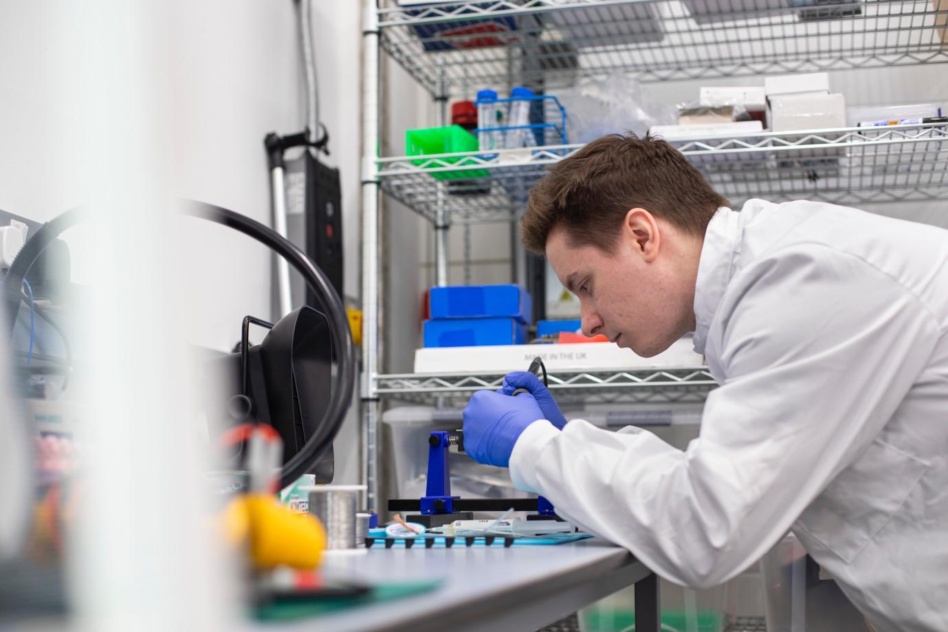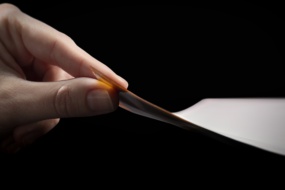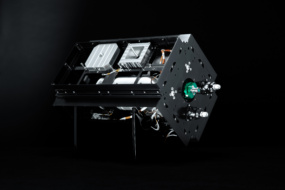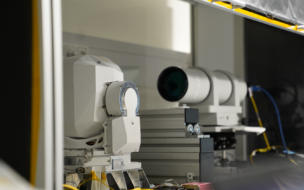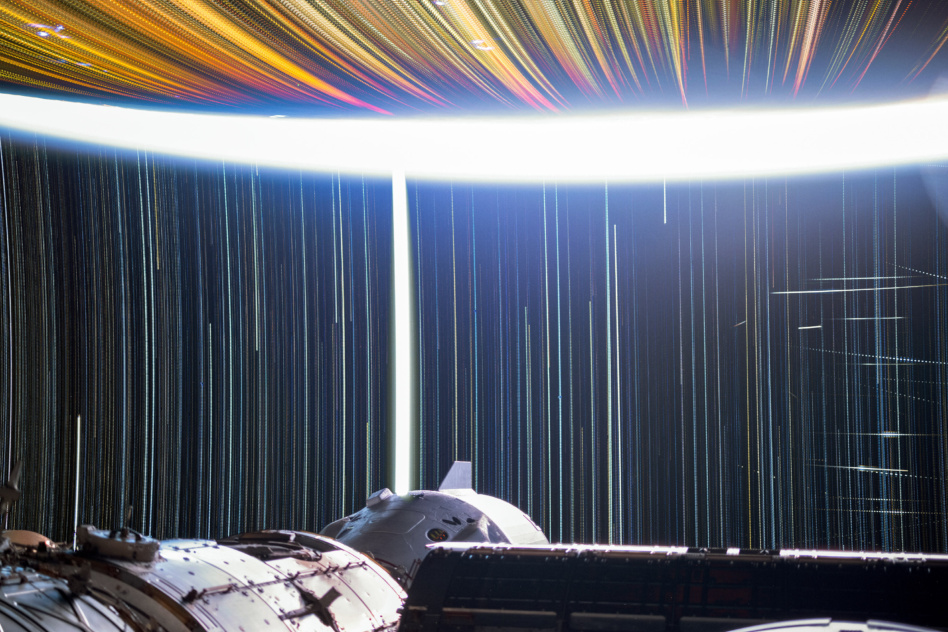UK space biopharma startup Frontier Space flew its first lab-in-a-box payload to space aboard ATMOS Space Cargo’s Phoenix 1 reentry capsule back in April.
Today, it shared the results of this flight, which validated the core technology of the SpaceLab Mark 1 despite failing to get all of the data back from a key part. Undeterred, company officials also said they’re working toward a new mission to gather the data it lost out on last time.
A spokesperson from Frontier Space told Payload that the company is preparing to fly a second (slightly pared-down) SpaceLab this year aboard Orbital Paradigm’s new reentry platform.
Lessons learned: In the weeks leading up to the ATMOS mission, SpaceX (which launched the mission) handed down a last-minute trajectory alteration for the reentry vehicle. This action forced Phoenix to land off the coast of Brazil, instead of the Indian Ocean. ATMOS scrambled to secure new ground station links, but chose not to retrieve the vehicle following its splashdown.
Frontier’s mission did not return all of the data company officials needed for a fully successful demo. Frontier confirmed all of SpaceLab’s essential systems (power supply, computing, imaging, and communications) performed nominally, and the company downlinked a partially rendered image inside the capsule. Yet the performance data for the company’s microfluidics chip, which is designed to perform biological and chemical experiments in space, was never collected.
“One of the goals for this next flight…hopefully we can use it to address what was just missing on the microfluidics from ATMOS, which would be to get that understanding of fluidic pathways—the potential crucial elements for keeping biology alive, using this technology,” Pattinson told Payload.
What’s next: Getting the data back is just the beginning, however. Frontier’s ultimate goal is to scale up its SpaceLab. Pattinson said creating this larger platform will allow for research institutions and pharmaceutical R&D teams to test and develop drugs in space that can be used back on Earth. The technology could also be used to generate the precursors for made-from-scratch astronaut food, he said.
Frontier envisions future iterations of the SpaceLab will use a microfluidics chip designed with rotary valves, that will allow more iterative testing on future flights as demand for in-orbit bio research increases. For R&D teams at large pharmaceutical companies, the technology is just starting to catch on.
“There’s been such a quick growth in the space industry that I think biopharma is too big to maybe match that, but we’re seeing the early stages—the individual interest,” Pattinson said. “Hopefully that catches up to larger company missions and goals.”
Correction: This story was updated to clear up the details of ATMOS reentry, which landed off the coast of Brazil, and the timing of Orbital Paradigm’s next mission, which is planned to fly this year.
